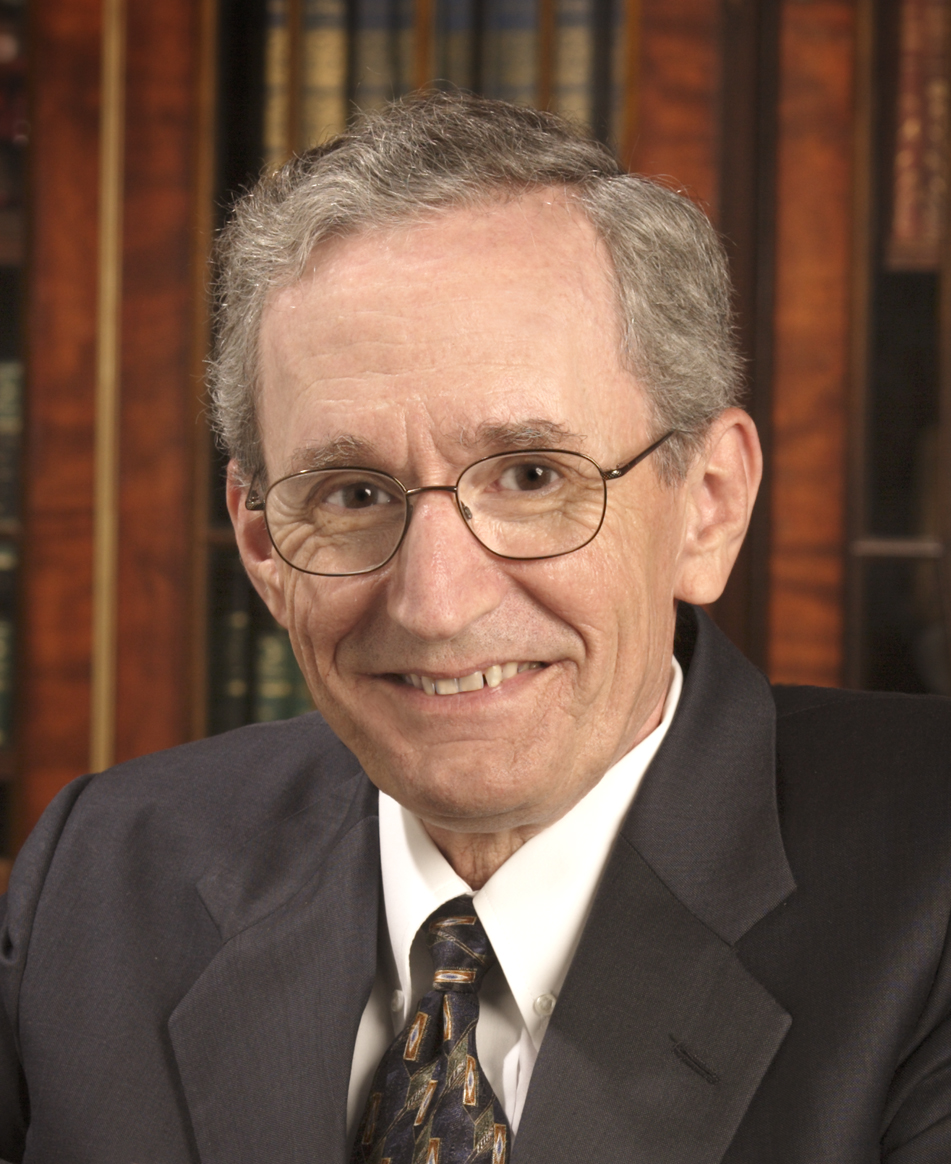
Minnesota's longitudinal data system integrates early childhood education, K-12, postsecondary and workforce data to create a panoramic view of education outcomes. The merging of systems results in data linking and improves the overall data quality and performance of the P-20 Statewide Longitudinal Education Data System (SLEDS) and Early Childhood Longitudinal



